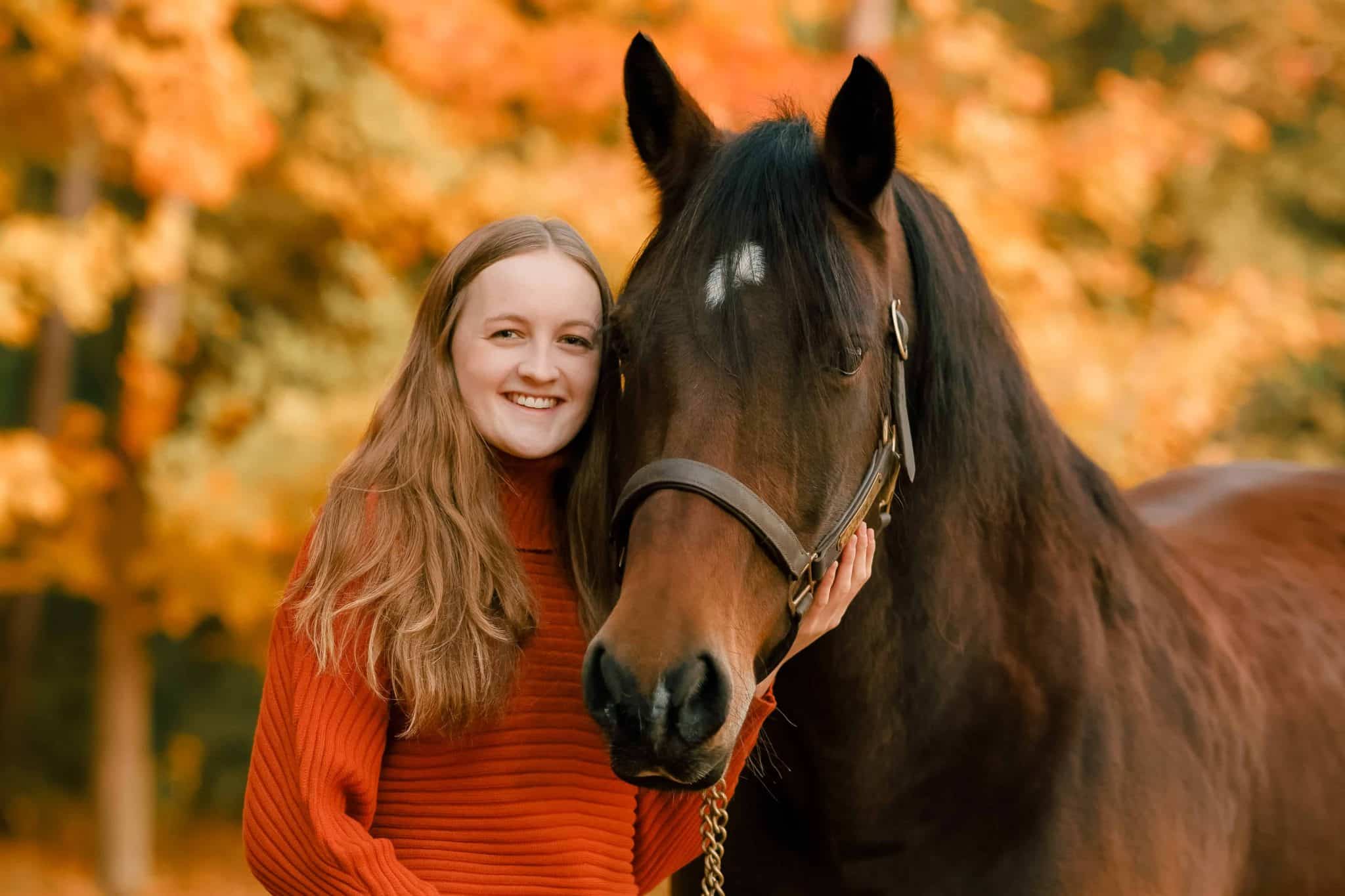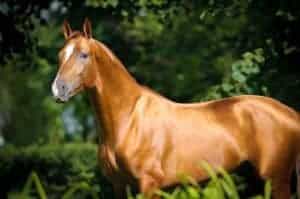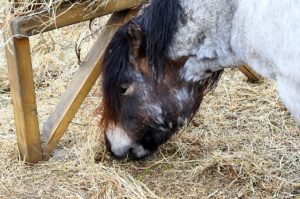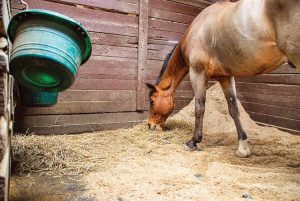
Reducing Horse Feed and Hay Waste
An equine nutritionist explains why your horse might waste concentrate and hay and how you can combat this.


An equine nutritionist explains why your horse might waste concentrate and hay and how you can combat this.

Regularly monitor your horse’s condition and workload to ensure his energy requirements are being met with a forage-focused diet this show season.

An equine nutritionist answers a reader question about how her horse’s diet might play a role in his poor coat quality and hair loss.

When switching your horse to a forage-focused diet, first obtain a hay analysis and choose a ration balancer that fills the nutritional gaps.

Before adding fat to your horse’s diet to improve his coat, be sure he’s on a balanced diet and that you’re grooming him regularly.

If your broodmare is overweight and/or has metabolic problems, her foal could be at risk. Here’s how you can keep both horses safe during pregnancy.

Appropriate hydration is vital to your horse’s normal bodily functions. Here’s what you can do to ensure he is drinking enough this winter.

An equine nutritionist explains why you should consult your veterinarian and test hay quality if your mule (or horse) has a hay belly.

One equine nutritionist explains why mineral blocks might not be ideal for mules, and what can replace them.

One equine nutritionist explains how you can make sure your PPID horse’s hay is safe for him to eat.

If you’re making changes to a horse’s diet, do it slowly. Learn why this applies to not only concentrate feeds but also forage.

When creating a nutrition plan for horses, it is important to understand how much protein they need and which protein sources are most suitable for each individual.

Caring for easy-keeping horses can be challenging. Learn how to manage your easy keeper safely and effectively.
Stay on top of the most recent Horse Health news with